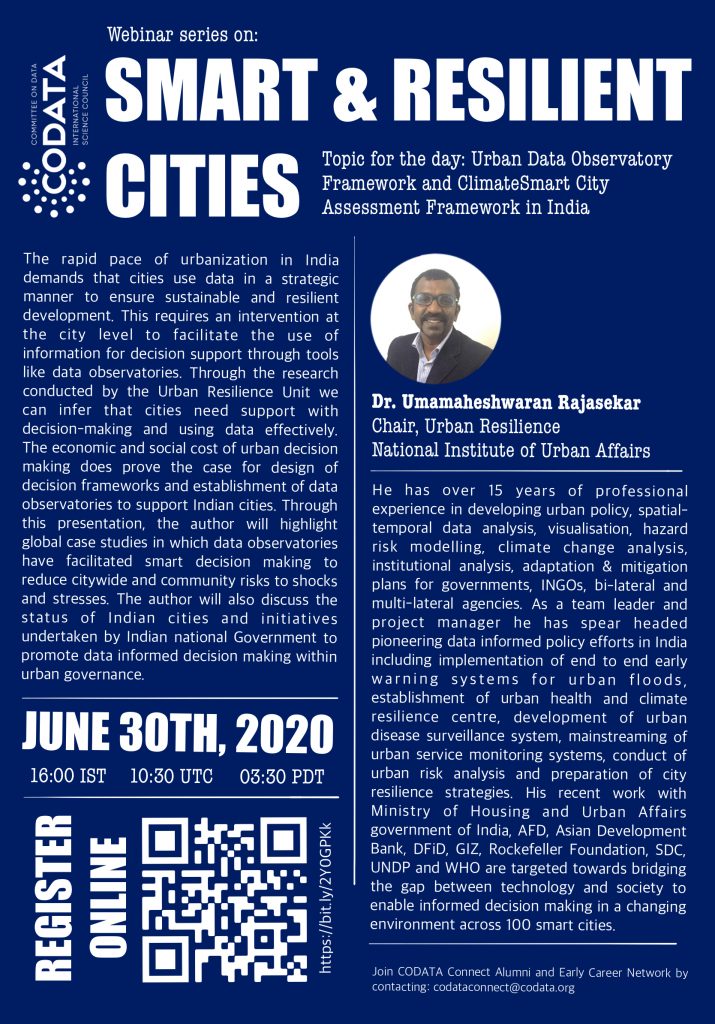Journal of Responsible Innovation
Special Issue: RRI Futures - Learning from a decade of Responsible Research and Innovation
Deadline: 18 September 2020
Special Issue Editor(s): Michiel Van Oudheusden, University of Cambridge,
mpv28@cam.ac.uk; Clare Shelley-Egan, Oslo Metropolitan University,
secl@oslomet.noWhat can be learned from roughly a decade of interest in Responsible Research and Innovation (RRI)? How should such learning inform policy, scholarly, and practitioner agendas and imaginations for the next 10 years? These questions come at a critical time: Whereas RRI has come to occupy an increasingly important space in science, technology and innovation policymaking, particularly but not exclusively in Europe, the European Commission's (EC) science policy discourse is shifting towards terms such as 'open innovation'. This move, as some have noted, suggests questions and uncertainties even as it presents opportunities for renewal (Fisher 2020) or at least taking stock of both shortcomings and accomplishments.
We invite contributions of several different kinds for a Special Issue of the Journal of Responsible Innovation devoted to learning from the EC's approach to and investments in RRI in order to shed light on possible, desirable, or alternative futures of RRI. Based upon what can be learned from the recent experience with RRI, what potential futures and agendas can be plausibly anticipated or legitimately recommended?
We invite research articles of 6,000-10,000 words that empirically ground their assessments of RRI futures in analyses of RRI policies, programs, and activities. We are particularly interested in what can be learned more generally and moving forward from their successes, failures, and tensions. By empirical, we are open to qualitative, quantitative, mixed methods, and experimental approaches that may include but are not limited to surveys, interviews, case studies, observations, experiences, document analysis and literature reviews. We also welcome a variety of theoretical, conceptual, and historical treatments of RRI policies, discourses, practices, and assumptions. Finally, we invite short Perspectives (roughly 2000 words) that present well-grounded opinions, commentary, or visions that are based in the scholarly literature or in new research.
In keeping with JRI's broad approach, we encourage potential authors to treat RRI as a unique and historically situated policy experiment in the normative governance of science and innovation that sits alongside numerous other approaches. Questions and topics that potential contributors may wish to consider as they engage more broadly with RRI futures include the following:
- What have we learned from RRI about the politics of responsible innovation? How can RRI experiments and experiences help us understand interactions among publics, experts and other innovation actors in reflexive, anticipatory and tentative forms of governance?
- Can lessons learned from RRI guide us in confronting and negotiating irresponsibilities, inequities and misalignments among research and innovation actors and institutions, whether these are persistent or emerging?
- How does the current experience with RRI compare to prior or contemporary 'policy-for-science' experiences such as Technology Assessment, Ethical, Legal and Social Aspects/Implications (ELSA/ELSI) research, and Broader Impacts?
- In what ways has it experimented with or advanced social scientific concepts and methodologies of foresight and anticipation, public and stakeholder engagement, or socio-technical integration and collaboration?
- How does RRI relate to past and present grassroots experiments in 'social innovation,' 'citizen science,' and related movements that are now gaining traction with policymakers, scientists, and others in Europe and elsewhere?
- How has RRI been viewed and taken up in industrial contexts? How can new constellations of actors and institutions respond to calls for increased alignment of products and processes with societal needs and values?
- How has 'responsibility' been imagined, achieved or apportioned in RRI thinking and practice, particularly in relation to 'innovation'? How has this relationship developed – and what can we learn from this? Can the EC's six keys (ethics, gender equality, public engagement, etc.) be reconciled with other understandings of responsibility and RRI?
- To what extent does the RRI experiment provide an adequate response to the grand societal challenges that face us today, such as: sustainable development, climate change, infectious diseases, social welfare, poverty and inequality, aging, big data? Has RRI helped to place these challenges more firmly on policy and research agendas, particularly in a period of major global disruption and uncertainty caused by the COVID-19 pandemic?
- What can be learned from numerous real-world experiments with RRI, including in non-European contexts (e.g., the Global South) and domains that do not usually fall under its remit (e.g., incumbent sciences and technologies)?
- What remains to be learned, retained, reclaimed, forgotten, or reinvented?
With these and related questions, we seek to develop insights and formulate agendas that will inform future iterations and manifestations of responsible innovation, whether or not explicitly associated with the specific notion of RRI. We encourage potential contributors to base any proposed new definitions, frameworks, or visions in empirical analysis or in the larger scholarly literature and in particular policy and historical research, reflexive analyses, and policy experiences and cycles. Authors are further encouraged to take into account Owen and Pansera's (2019) distinction between RRI as a policy approach and Responsible Innovation more broadly as an intellectual and scholarly set of visions and practices. Explorations of potential and alternative RRI futures should thus be based on a solid grounding in empirics or the literature, with a view towards answering difficult but timely questions about the lessons that can be learned from the RRI experiment.
References
Fisher, E. 2020. "Reinventing responsible innovation." Journal of Responsible Innovation 7(1), 1-5.
https://doi.org/10.1080/23299460.2020.1712537Owen, R. & Pansera, M. 2019, Responsible Innovation and Responsible Research and Innovation. In D. Simon, S. Kuhlmann, J. Stamm & W. Canzler (eds), Handbook on Science and Public Policy. Edward Elgar Publishing, pp. 26-48.
https://doi.org/10.4337/9781784715946


